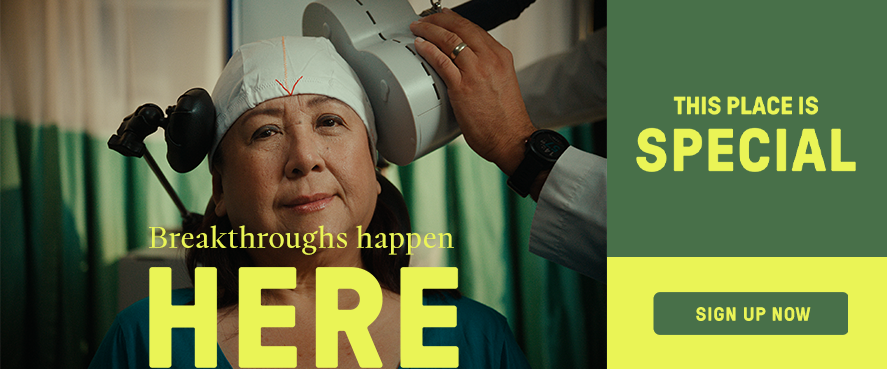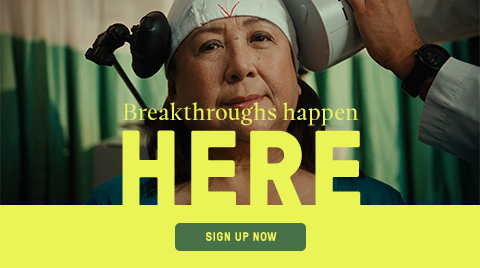Making cochlear implants more accessible

Debbie and Jeff Gifford know the struggles of living with hearing loss. Now, they are helping Sunnybrook support more patients
Until receiving her first cochlear implant at Sunnybrook in 2016, it had been close to 35 years since Debbie Gifford had been able to pick up the phone and call her mom.
While the 61-year-old had been born able to hear, a series of severe ear infections when she was young caused profound hearing loss. Routine tasks like talking on the phone quickly became unbearable.
All that changed when she received a cochlear implant in her right ear. Rather than amplifying sound through a hearing aid, the cochlear implant stimulates the auditory nerve directly, providing a sense of sound.
“When an implant gets activated, they don’t create sounds that sound normal,” explains Dr. Vincent Lin, an otolaryngologist with the cochlear implant program at Sunnybrook. “They cannot reproduce the massive amount of information our ears get.”
Patients spend months and even years training their brain to identify sounds.
For Debbie, though, the hard work quickly paid off. The impact on her life was so great, in fact, that her husband, Jeff Gifford, 63, agreed to undergo surgery to augment the hearing he had gradually lost since birth. Both returned to Sunnybrook to receive second implants a few days apart during the second wave of the COVID-19 pandemic in 2020.

Innovative devices
Bilateral cochlear implants – or implants in both ears – are increasingly becoming a reality for patients with severe or profound hearing loss. With just one implant, patients can sometimes struggle to prioritize the clinking of glasses over someone telling you a story, explains Dr. Lin. Two functioning ears work together with the brain to help listeners differentiate meaningful sound from background noise at a party or the grocery store.
With the largest adult Cochlear Implant Program in Canada, Sunnybrook is leading the way with this exciting approach. Since the program’s founding in 1984, Dr. Lin and his team have completed more than 2,500 cochlear implants, including the procedures on Debbie and Jeff.
“We feel so lucky to have cochlear implants in both ears. Our quality of life is so much greater than we ever expected,” says Debbie. She and Jeff recently committed to supporting Sunnybrook’s cochlear implant program with a bequest in their wills.
“We know the struggles of living with hearing loss. With this gift, we hope to make cochlear implants more accessible to others,” explains Jeff.
In the meantime, the retired couple is busy renovating their home, making travel plans and, for Debbie, catching up on three decades of lost conversations with her mom.
“It’s like we didn’t miss a beat,” she laughs.
Learn more about how you can leave a gift in your Will to Sunnybrook.










